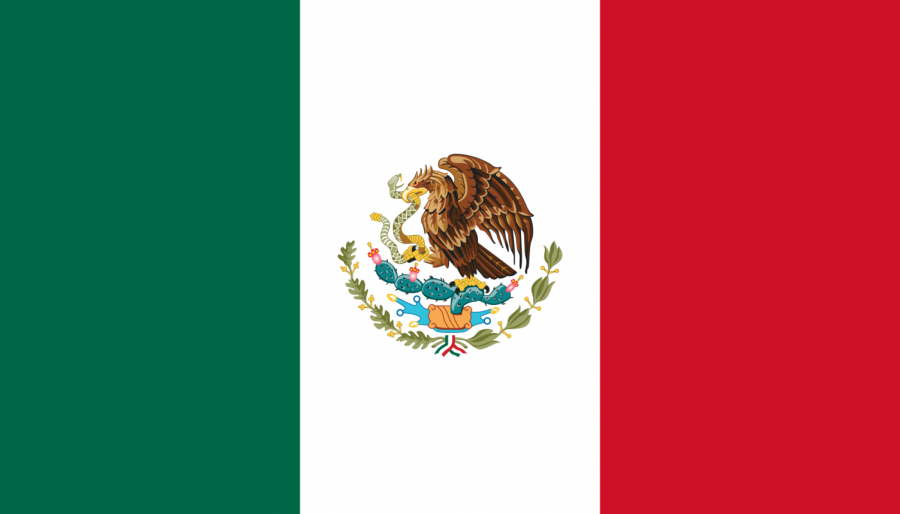Mexican Senate preparing to vote on bill that would regulate cannabis and hemp the same
Mexico is stepping into green territory, as it prepares to legalize cannabis and hemp; the Mexican Senate is reviewing the North American country’s most recent cannabis legalization initiative, which has already gained approval from the body’s commissions on health, justice and legislative studies.
However, the law that is currently making its way through the legislature could take hemp out of the limelight, say Mexican hemp stakeholders. The problem is that Mexico’s cannabis bill would regulate the psychoactive plant “marijuana” and the non-psychotropic plant “hemp” in the same way.
Regulations are expected to be set and implemented nationwide that would not impose restrictions based on a plant’s THC content. Lawmakers that back Mexico’s cannabis bill feel that this would be easier than developing two sets of complex and contrasting rules for both plants.
Sellers/producers of hemp seeds, extracts and even hemp-branded goods will need a license to conduct their business, just like they would if they were to sell/produce potent THC-rich extracts, such as shatter, wax and oils. What this means is that hemp product development – not to mention other types of low-THC products – would be severely restricted.
Mexico’s cannabis bill would grant five different license types, allow home-growing
Adults living in Mexico could soon be allowed to possess a maximum of 28 grams of hemp, which, according to Mexico’s Congress, is defined as being a “nonpsychoactive” form of cannabis. A THC limit of one-percent would be imposed on all hemp that can be sold/bought and grown by residents. In regards to home cultivation, no more than four plants could be grown for personal consumption, whereas each household would be restricted to six plants.
Anyone who is looking to get involved in Mexico’s cannabis industry – if the most-recently introduced bill is approved by the Senate – will likely be spoiled for choice. Mexico’s cannabis bill outlines visions for a legal market, which includes clubs and dispensaries. The bill essentially legalized all uses of the plant and classifies the following five different license types:
- Import/export licenses – Only when a license of this kind is obtained by an importer/exporter can cannabis be received/sent across the Mexico border for use in the legal market.
- Transformation licenses – Manufacturing Mexican cannabis and its cannabinoids into another type of drug or product – such as edibles or swallowable capsules – requires one of these licenses.
- Sale or commercialization licenses – Distribution and sales activities relating to cannabis and its derived compounds must be conducted legally and by individual(s) in possession of a sale and/or commercialization license.
- Cultivation licenses – Of the available cultivation licenses, 40 percent would be distributed among individuals who have been worst-impacted by the war on drugs.
- Research licenses – Anyone who gets their hands on one of these licenses would be able to investigate the properties and safety/efficacy of cannabis in Mexico for scientific research purposes.
A cannabis agency would also be established to provide regulatory oversight for Mexico’s cannabis market. All forms of cannabis would be regulated by the agency, which would also be responsible for dealing with license distribution and commercial contracts.
Mexico’s cannabis bill could make it the world’s most populous country to pass such a law
Lawmakers in the Senate must decide whether or not they will enact Mexico’s cannabis bill into law by the Supreme Court deadline on April 30; a date that may be extended due to the coronavirus COVID-19 outbreak. Although hemp stakeholders might not be seeing the benefits of prospective legalization, others sure will. If Mexico’s cannabis bill is approved and effectuated, the country would emerge as the world’s most-populous place to offer legal cannabis and hemp.
Despite the fact that Mexico’s northern neighbor Canada already has a thriving and well-established legal cannabis market, the Canadian population of 37.6 million is a far-cry from the Mexican population of 130 million. Another well-established legal cannabis country, Uruguay – which became the first place in the world, before Canada, to completely legalize weed – also falls short of Mexico’s population at just 3.5 million residents.
In addition to Canada and Uruguay, markets that exist in the United States – where medical cannabis is legal in 33 states and recreational cannabis is legal in 11 – may also feel the pressure if Mexico’s cannabis bill passes; the federal government has not yet legalized cannabis. Since cannabis is still a Schedule I substance in the U.S., which is enclosed by countries that are capable of churning out colossal quantities of cannabis, many industry players are anxiously awaiting the Senate’s decision for Mexico’s cannabis bill.
Nonetheless, business opportunities are expected to blossom if Mexico’s cannabis bill is approved. Not only will those opportunities transpire within the country itself but also, overseas. Export and import deals will benefit various other countries that are getting involved in the legal cannabis space.









